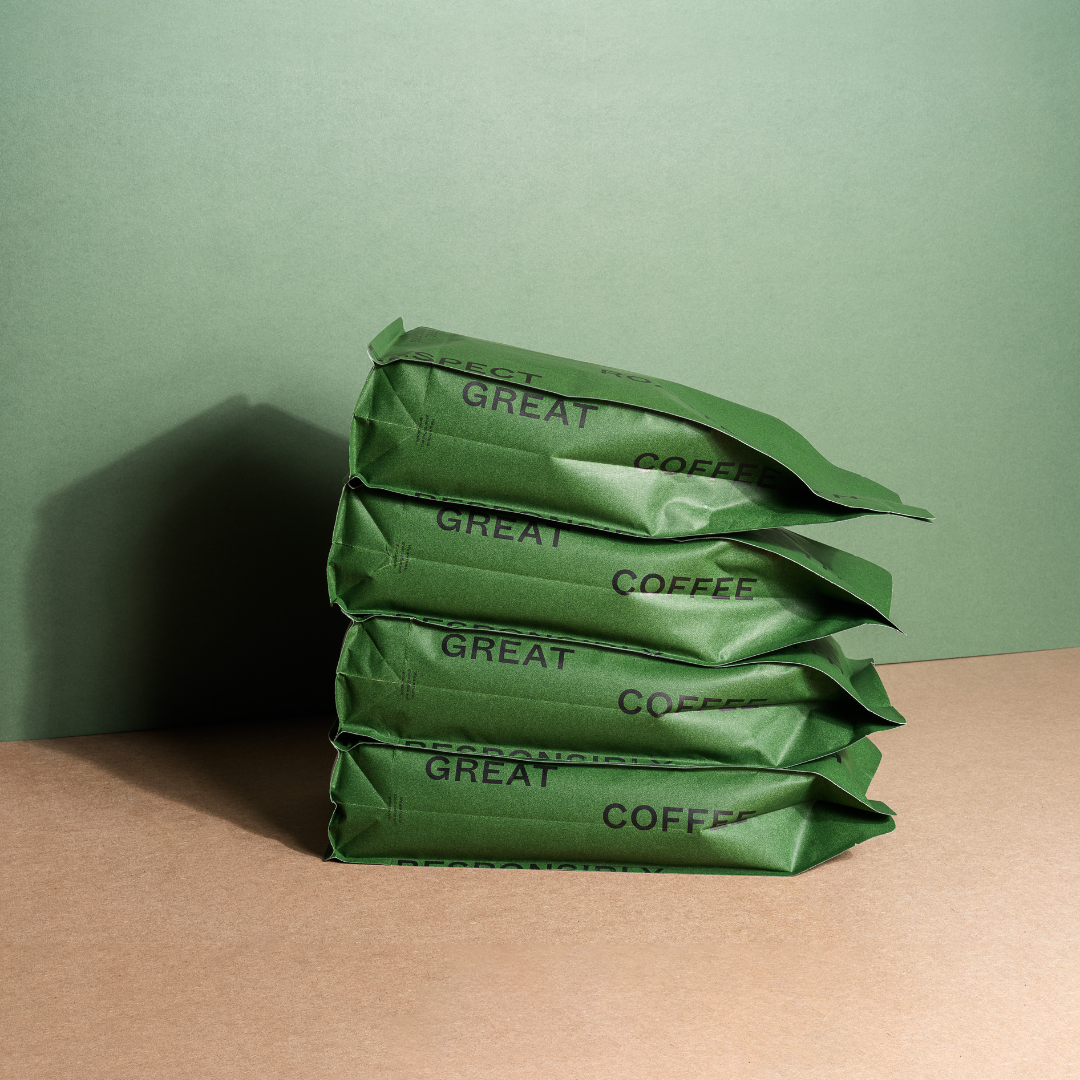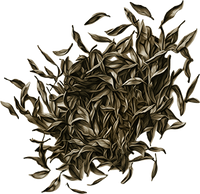Your cart is empty
Single Origin
Nano Chala, Ethiopia

The Nano Chala washing station has transformed from a modest operation into a key player in the coffee world. Established in 2015 in the Oromia region by the Katamuduga Union—committed to uplifting local farmers—the station embodies community and sustainability, growing alongside the land and its people. It is known globally for its commitment to quality processing and for producing some of the finest coffees in the Jimma Zone, with quintessential flavour profiles that reflect the rich terroir of the region.
The name "Nano Chala" has gained popularity among coffee enthusiasts and professionals alike. For long-time drinkers, chances are, you’ve enjoyed Nano Chala coffee from before. Many celebrated names in specialty coffee worldwide have offered coffee from this station at least once during their time.
The station now runs three sites in the Geera District of Jimma Zone, perched at elevations between 2007 and 2048 meters. With 819 members and two additional processing mills, Nano Chala processes an impressive 2.7 million kilograms of red cherry annually, producing 567,000 kilograms of parchment coffee. The station employs nine full-time staff and up to 180 seasonal workers, making it a vital economic engine for the local community. Plans are in place to increase capacity to 3.5 million kilograms of red cherry while also enhancing waste management systems.
Nano Chala follows a careful, methodical approach: cherries are sorted, floated, pulped, and stripped of mucilage mechanically. After soaking, the coffee is shade-dried and finally laid out on raised beds to dry. It’s stored securely in concrete warehouses before shipment. Traceability is maintained with thorough record-keeping, and the station upholds high environmental standards with modern water recycling methods. This is crucial for several reasons.


Coffee processing typically requires vast amounts of water, and without effective management, it can lead to significant pollution of local waterways and depletion of natural resources. Nano Chala’s recycling systems ensure that water is cleaned and reused, minimizing waste and protecting the local ecosystem.
Beyond coffee, Nano Chala invests in its community through environmental projects like reforestation, infrastructure improvements for schools and roads, and farmer training programs. While financial challenges exist, the station remains deeply committed to quality, sustainability, and the well-being of its members, solidifying its role as a cornerstone of the region's coffee heritage. The history and growth of Nano Chala remind us of the positive change that dedicated cooperatives can offer those that depend on coffee.








